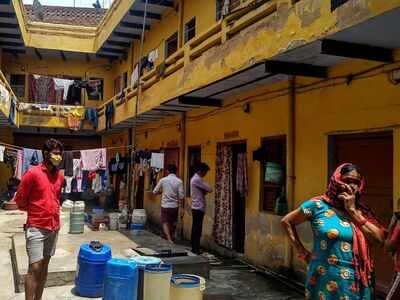
GURUGRAM: In urban clusters like Dundahera and Sirhaul, which are Covid hotspots, social distancing is not a choice.
Each floor of a chawl (tenement building) in Dundahera, which is right next to the industrial estate of Udyog Vihar, is lined with rows of 10x10 rooms. A family of five or more, mostly of migrant workers from UP, Bihar and West Bengal, occupy each room. Washrooms are common, one for at least 15 people, and when the water tank fills up twice a day, scores swarm with buckets in hand, around the only bore-well on the premises.
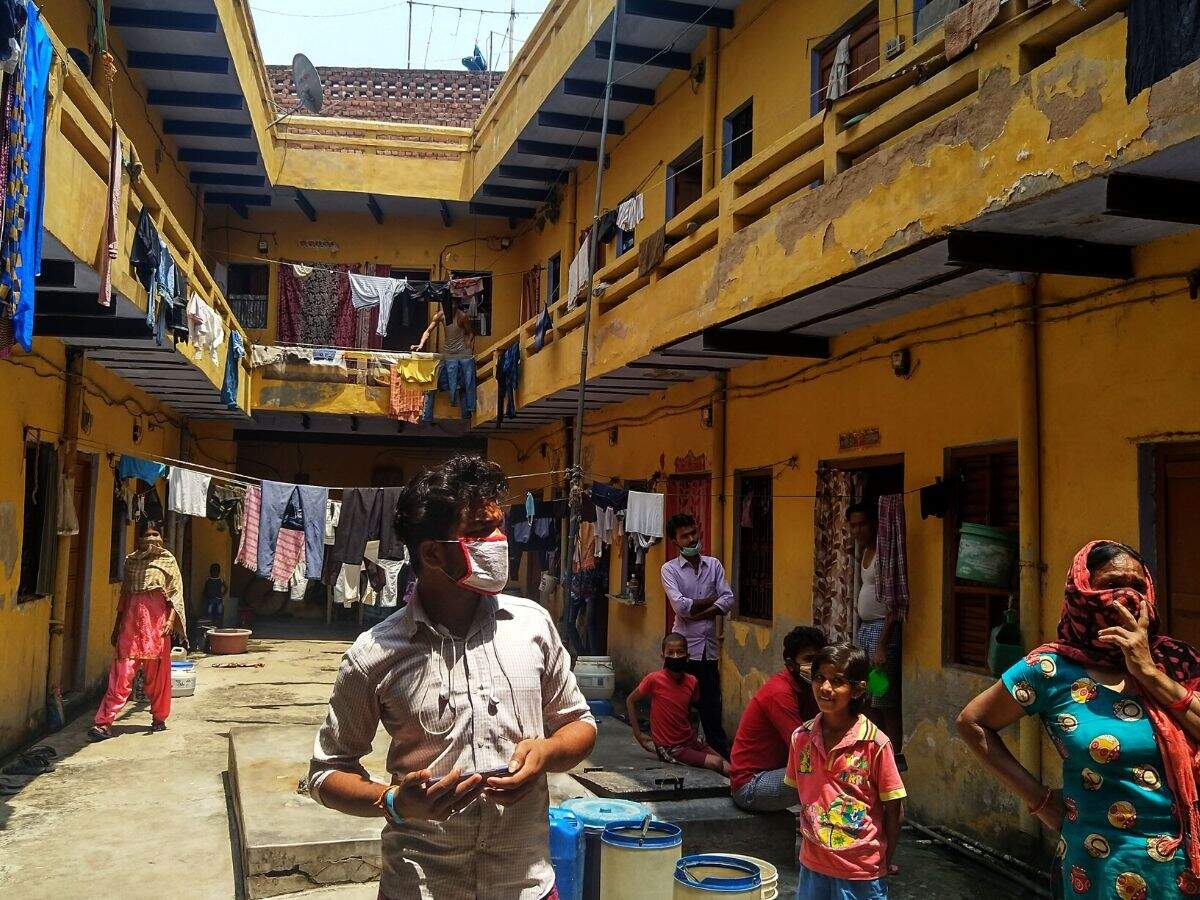
“I live with my wife and three children in a single room and there are another 95 people living in this chawl (hutment). How can we maintain social distancing?” said Durgender Ram, who used to do odd jobs at manufacturing units before the lockdown.
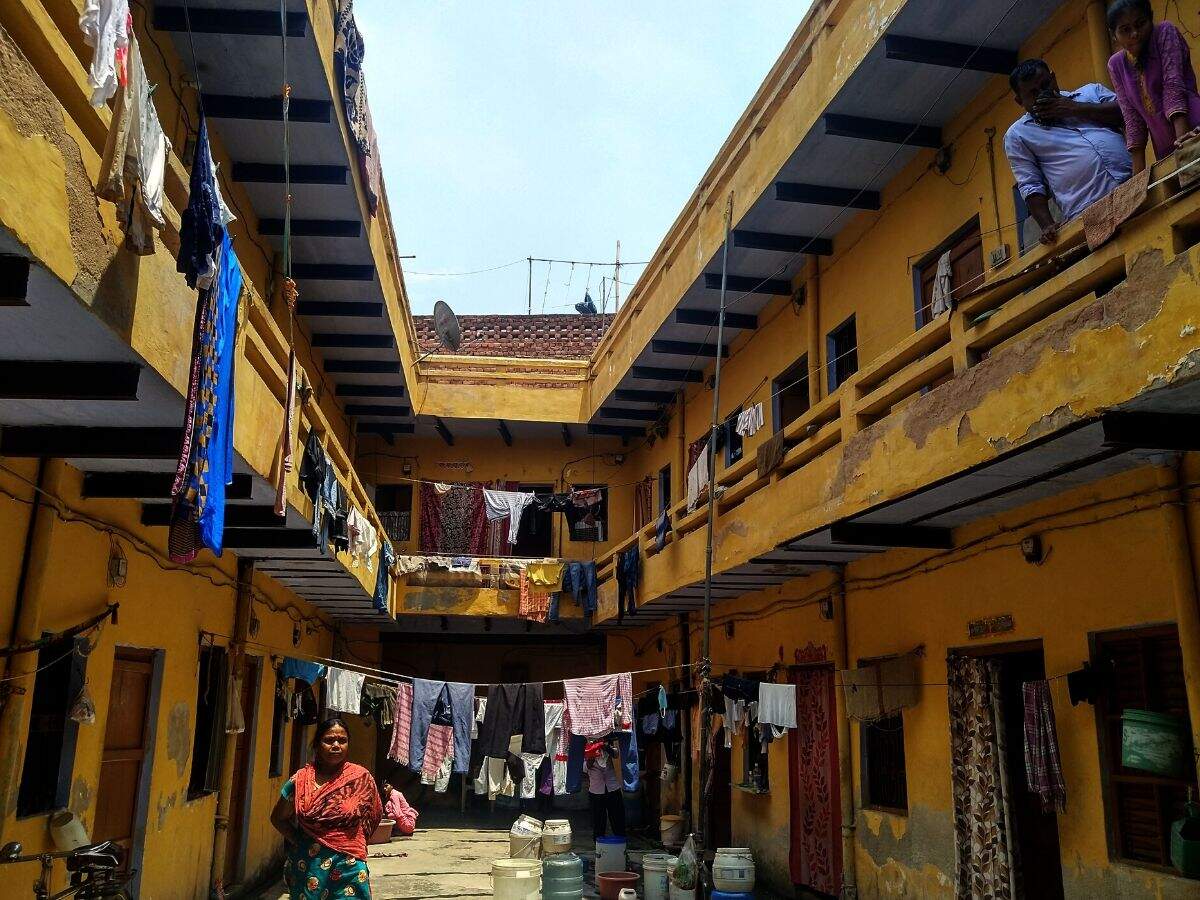
Till Sunday, Dundahera has reported 28 cases of Covid-19 and areas from where the cases emerged, were turned into a containment zone. But when TOI visited the areas, apart from a cross with two flimsy bamboo poles at one of the entrances, which was low enough to cross over, there was no sign of protection, not even a police official to monitor movement.
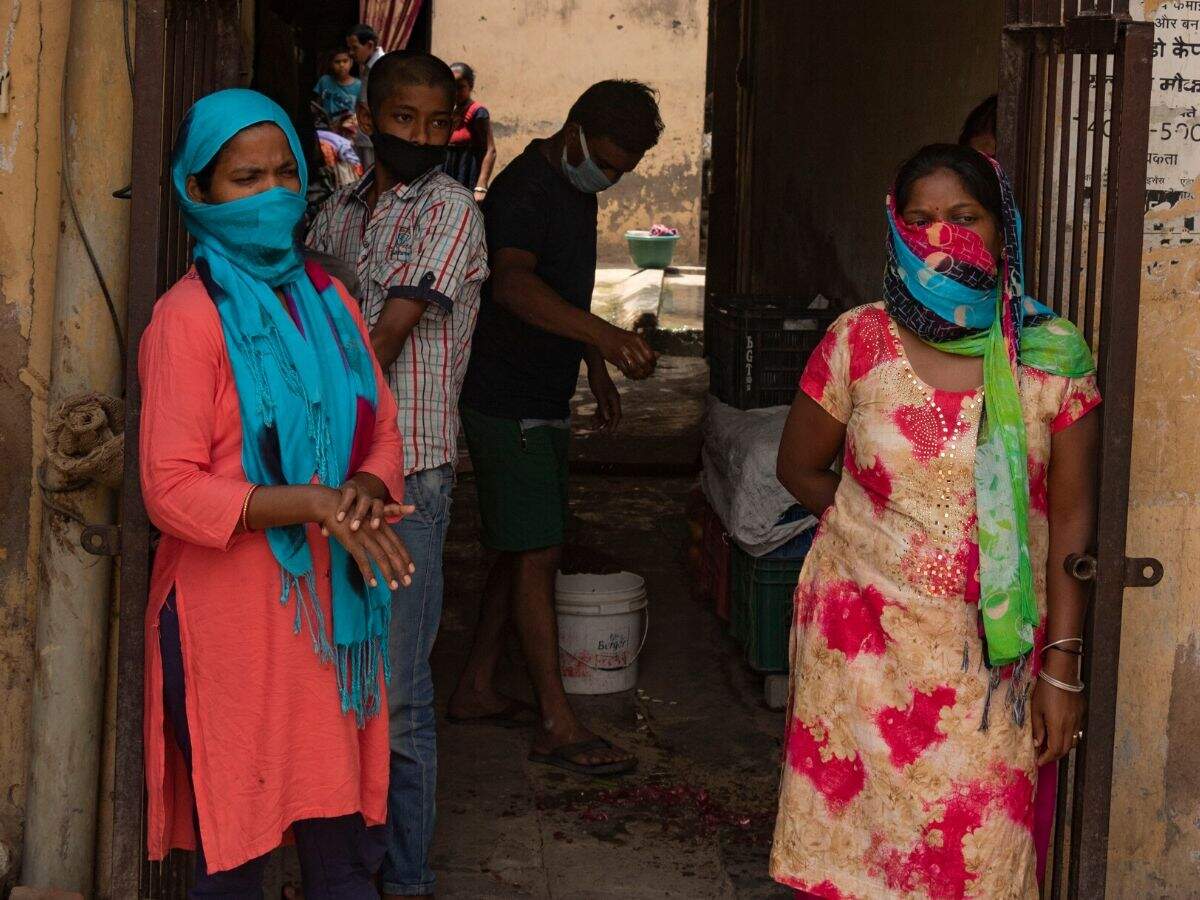
Most of the shops were also open, if just for a few hours. The administration claims to have screened 5,000 people in the area but residents said as far government communication is concerned, only some Anganwadi members had come and taken their information.
Things were worse in Sirhaul and Nathupur where, till Sunday, 25 tested positive for coronavirus infection. In Sirhaul, most shops were open and many people could be seen loitering around without masks. However, minutes after TOI reached the spot, cops came and shuttered the shops. In Nathupur, a policeman deployed for vigilance, said, “They have just installed two bamboo poles in the name of sealing.”
Right across, a middle-aged migrant worker was standing in front of his shanty, and with a mouth full of tobacco, he admitted he had no idea that the virus can also spread through spitting. “We are illiterate. If we knew this much, we would not be living here.” No one came to their colony to spread awareness about the disease, he said.
But it is not their biggest worry. They have not earned anything in the past two months, and with little relief coming in, they fear hunger more than the virus.
Each floor of a chawl (tenement building) in Dundahera, which is right next to the industrial estate of Udyog Vihar, is lined with rows of 10x10 rooms. A family of five or more, mostly of migrant workers from UP, Bihar and West Bengal, occupy each room. Washrooms are common, one for at least 15 people, and when the water tank fills up twice a day, scores swarm with buckets in hand, around the only bore-well on the premises.

“I live with my wife and three children in a single room and there are another 95 people living in this chawl (hutment). How can we maintain social distancing?” said Durgender Ram, who used to do odd jobs at manufacturing units before the lockdown.

Till Sunday, Dundahera has reported 28 cases of Covid-19 and areas from where the cases emerged, were turned into a containment zone. But when TOI visited the areas, apart from a cross with two flimsy bamboo poles at one of the entrances, which was low enough to cross over, there was no sign of protection, not even a police official to monitor movement.

Most of the shops were also open, if just for a few hours. The administration claims to have screened 5,000 people in the area but residents said as far government communication is concerned, only some Anganwadi members had come and taken their information.
Things were worse in Sirhaul and Nathupur where, till Sunday, 25 tested positive for coronavirus infection. In Sirhaul, most shops were open and many people could be seen loitering around without masks. However, minutes after TOI reached the spot, cops came and shuttered the shops. In Nathupur, a policeman deployed for vigilance, said, “They have just installed two bamboo poles in the name of sealing.”
Right across, a middle-aged migrant worker was standing in front of his shanty, and with a mouth full of tobacco, he admitted he had no idea that the virus can also spread through spitting. “We are illiterate. If we knew this much, we would not be living here.” No one came to their colony to spread awareness about the disease, he said.
But it is not their biggest worry. They have not earned anything in the past two months, and with little relief coming in, they fear hunger more than the virus.

Coronavirus outbreak
Trending Topics
LATEST VIDEOS
City
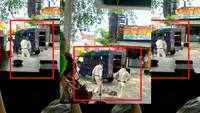 Madhya Pradesh: Gruesome video of two cops beating a man goes viral, cops taken off duty
Madhya Pradesh: Gruesome video of two cops beating a man goes viral, cops taken off duty 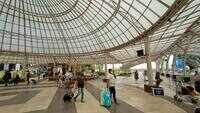 Maharashtra government says no to domestic flights
Maharashtra government says no to domestic flights  Shiv Sena slams UP CM Yogi Adityanath via mouthpiece Saamana, compares him to Hitler
Shiv Sena slams UP CM Yogi Adityanath via mouthpiece Saamana, compares him to Hitler 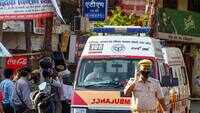 UP Govt prohibits use of mobile phones by patients in isolation wards of Covid-19 hospitals
UP Govt prohibits use of mobile phones by patients in isolation wards of Covid-19 hospitals
More from TOI
Navbharat Times
Featured Today in Travel
Quick Links
Kerala Coronavirus Helpline NumberHaryana Coronavirus Helpline NumberUP Coronavirus Helpline NumberBareilly NewsBhopal NewsCoronavirus in DelhiCoronavirus in HyderabadCoronavirus in IndiaCoronavirus symptomsCoronavirusRajasthan Coronavirus Helpline NumberAditya ThackerayShiv SenaFire in MumbaiAP Coronavirus Helpline NumberArvind KejriwalJammu Kashmir Coronavirus Helpline NumberSrinagar encounter
Get the app



